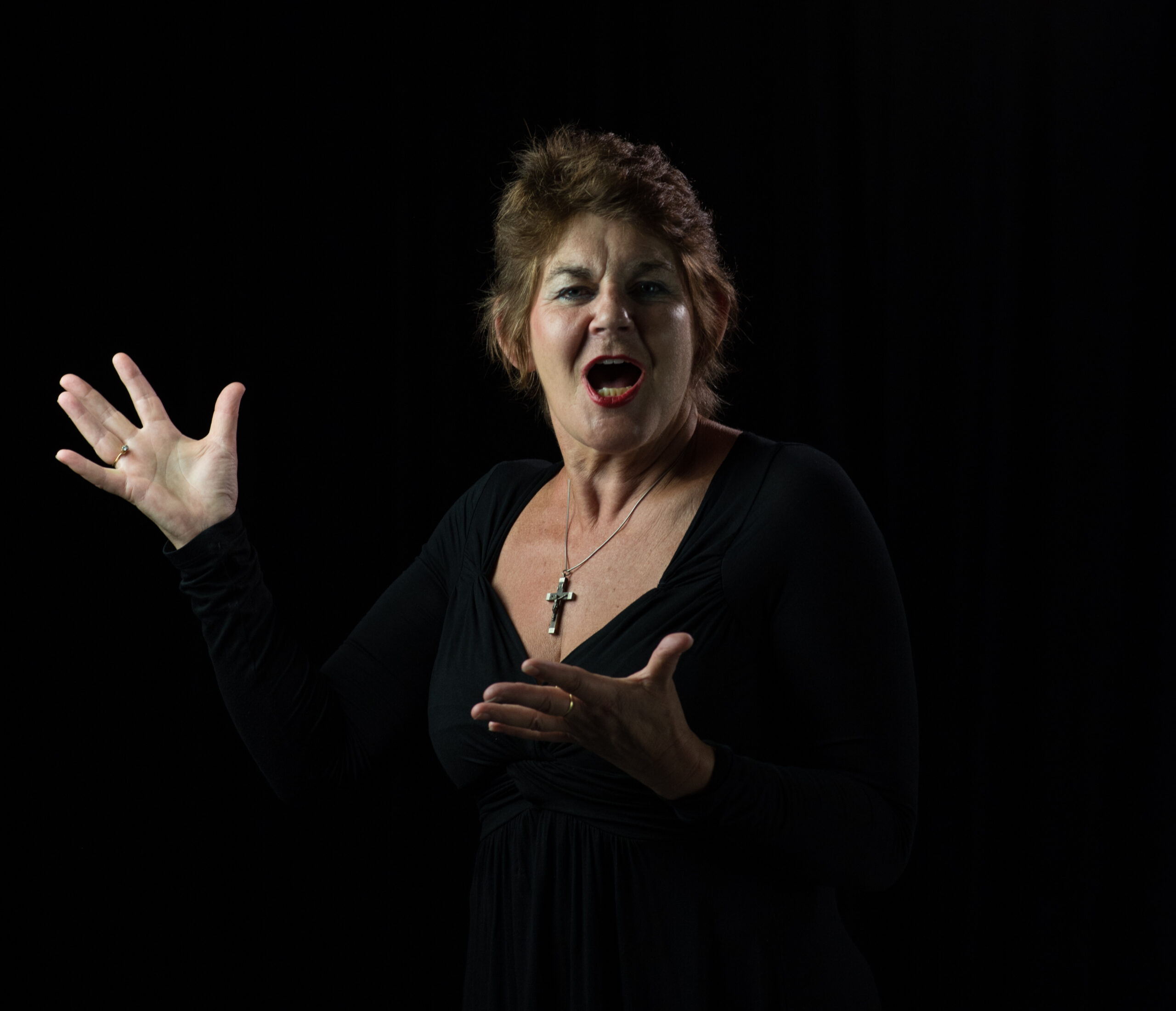Gwenno Dafydd Williams M. Sc. Econ. is a leadership and public speaking coach, broadcaster, published author and performer. She has worked on television, radio, in films, theatre and cabaret and has performed in America and extensively around Europe and the UK. Her most recent performance was her one woman show about the French singer Edith Piaf in London’s West End. Gwenno also is a comedian and the author of ‘Stand up and Sock it to them Sister. Funny, Feisty Females’ about women crashing through the glass ceiling of comedy.
Connect with Gwenno
LINKS: https://linktr.ee/gwennodafydd
